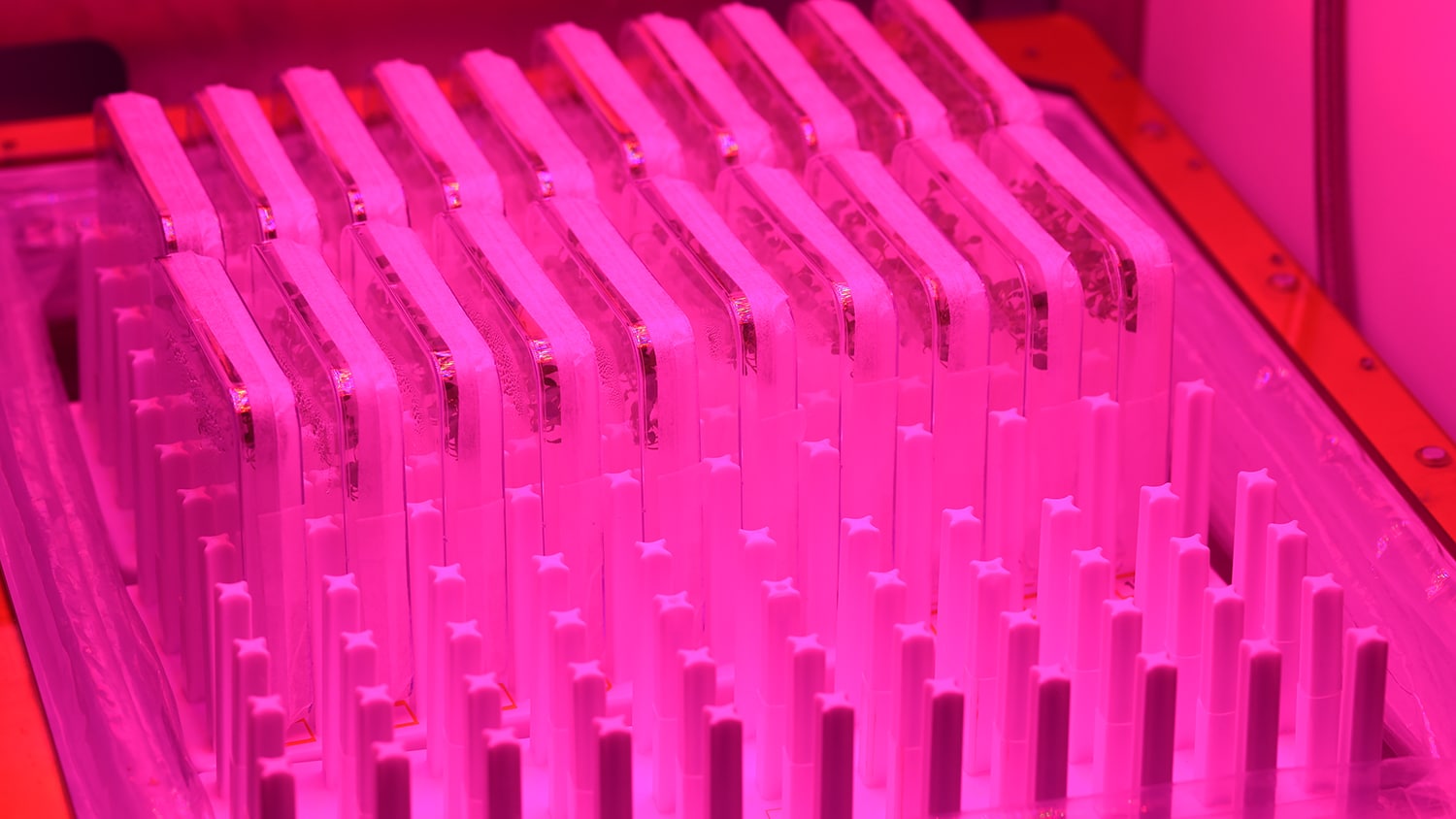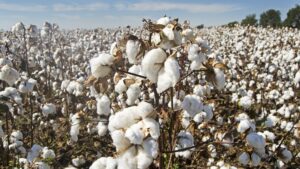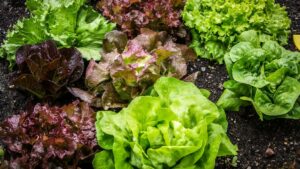Two plant experiments from North Carolina State University (NC State) researchers returned to Earth after weeks on the International Space Station, according to a release.
Two researchers from the College of Agriculture and Life Sciences, Marcela Rojas-Pierce and Imara Perera, sent their two projects to space in early June. With their return, both Rojas-Pierce and Perera will now study how these plants reacted to their extreme environments.
Rojas-Pierce, a professor, focuses her project on how microgravity affects vacuoles — a plant cell’s largest internal structure that breaks down and stores proteins. She focused on two Arabidopsis genotypes — a wild type and a mutate type that lacks proteins that help in vacuole fusion. Previously, her team tested how a chemical inhibitor called Wortmannin induces vacuole fusion in mutated plants. International space Station researchers conducted similar experiments before preserving the cell structures to send back to Earth.
“This particular experiment is embedded in a bigger-picture project we have in the lab here on Earth where we’re trying to understand how plants respond to gravity,” Rojas-Pierce told NASA. “We know that the vacuole is important for that response. We’re trying to understand why.”
Perera, a research professor, focused more on how microgravity affects a plant’s metabolic pathway. The gene expression and protein accumulation in the plants sent to space will be compared to control plants grown at Kennedy Space Center.
“Understanding how plants adapt to space is important in order to cultivate plants on long duration missions,” Perera said.












